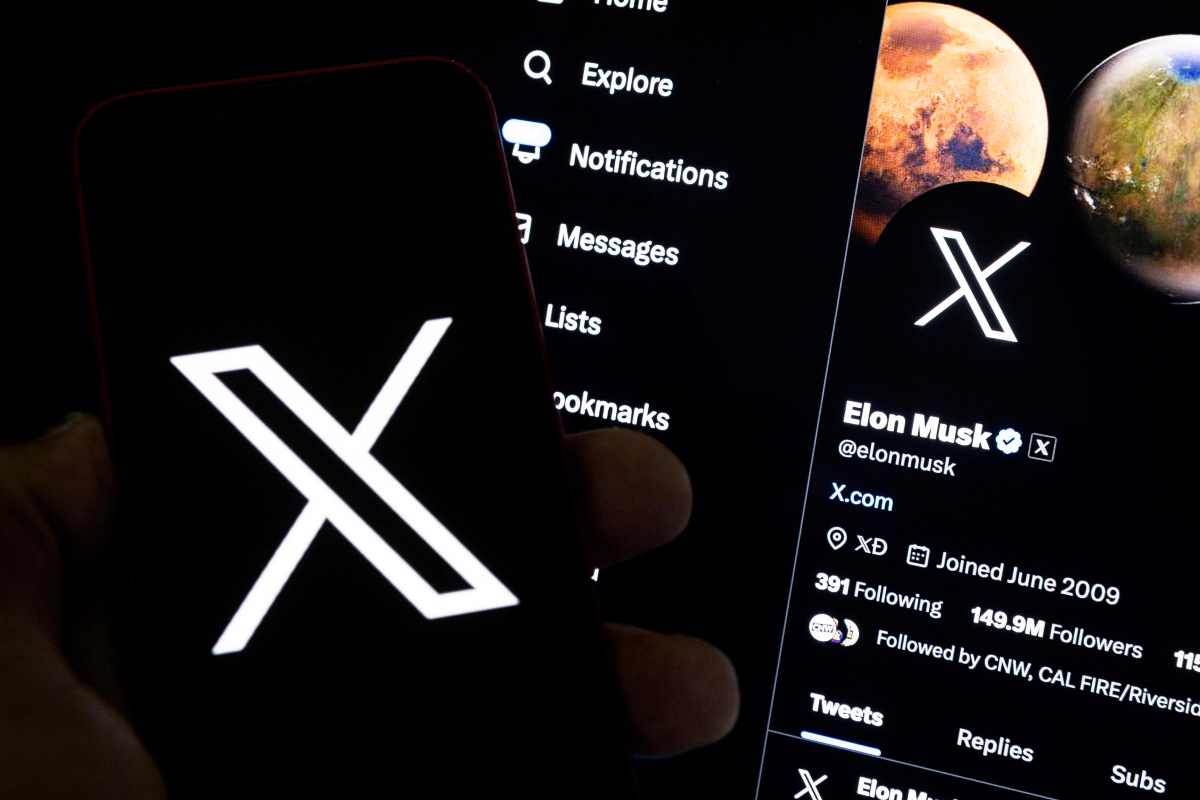Dish Network struck its second tower deal, this one with Vertical Bridge, which will give Dish immediate access to Vertical Bridge’s portfolio of towers, rooftops, utility transmission structures, billboards, convenience stores and other sites used for wireless infrastructure.
Vertical Bridge is a private owner and operator of communications infrastructure with a portfolio of over 300,000 sites across all 50 U.S. states and Puerto Rico. A spokesperson for Dish said the deal with Vertical Bridge is strictly limited to leasing agreements for the tower company’s existing assets, meaning that it doesn’t involve the construction of new infrastructure.
And Dish’s spokesperson said the Vertical Bridge deal is only for macro towers, not small cells.
Dish declined to divulge its deployment schedule with Vertical Bridge.
“Building a national 5G network requires an extensive presence across urban, suburban and rural areas, and Vertical Bridge’s portfolio offers Dish the array of coverage that we need,” said Dave Mayo, Dish EVP of network development, in a statement.
In November Dish signed its first deal with a tower company, striking a long-term leasing agreement with Crown Castle for space on as many as 20,000 towers.
RELATED: Dish inks long-term deal with Crown Castle for up to 20K towers
Crown Castle is also providing fiber backhaul services for Dish as part of the anchor-tenant macro tower deal. It also gives Dish the option to tap Crown Castle for pre-construction services, such as site engineering, zoning and permitting. Crown Castle has a small cell business as well, but small cells are not part of the agreement.
The other two major tower companies, SBA Communications and American Tower, have not yet made any announcements about working with Dish, but analysts expect deals to happen.
Dish’s network buildout
Dish has committed to build a cloud-native, 5G, nationwide wireless network. And it has committed to build at least 15,000 sites to meet its minimum requirement to cover 70% of the U.S. population by mid-2023.
The Denver-based company has pegged the cost of its new wireless network at $10 billion. The company has said its plan to use an open radio access network (RAN) architecture will cost substantially less than legacy wireless networks in the United States because of new virtualization technologies.
But the analysts at Moffett Nathanson are skeptical. They looked at the $7.7 billion that Rakuten Mobile in Japan is having to spend for its greenfield network and compared that to Dish. The analysts noted that Japan has just 38% of the U.S. population and 4% of the U.S. landmass, and they concluded that Dish’s expected cost for its own greenfield network is woefully inadequate.
Moffett Nathanson said Dish’s capex projections are low against other measures as well. “Dish Network’s projected $10 billion network spend is but one-sixth what T-Mobile has indicated they will spend on 5G,” wrote Moffett.













